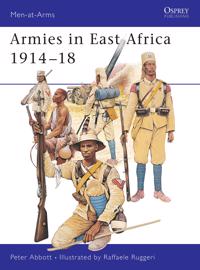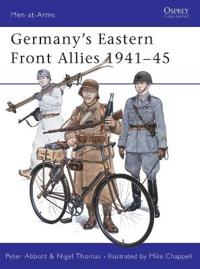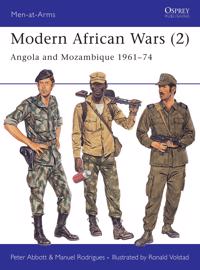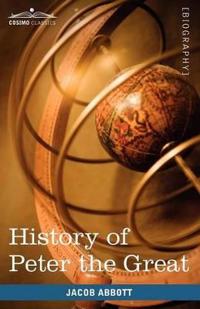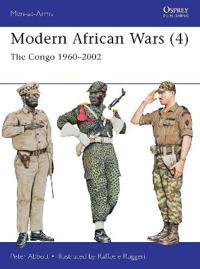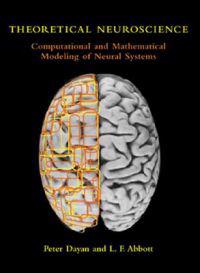Armies in East Africa 1914-18 (Pocket)
avPeter Abbott, Raffaele (ILT) Ruggeri, Peter Abbott
ISBN: 9781841764894 - UTGIVEN: 2002-11During World War I a self-contained war was fought in the European colonies of East Africa, between the British (from Kenya, Rhodesia and Uganda), Belgians (from the Congo) and Portugese (from Mozambique), against the garrison from German East Africa. The German colonial army, led by the brilliant G[...]
Germany's Eastern Front Allies, 1941-45 (Häftad)
avPeter Abbott, Nigel Thomas
ISBN: 9780850454758 - UTGIVEN: 198211The 1930s were a time of growing tension for the smaller states of Eastern Europe. Since the end of the First World War they had enjoyed an independence which most of them had not known for centuries, but this was now threatened by the growing power of Nazi Germany and Soviet Russia. Instead of comb[...]
Modern African Wars (2) (Pocket)
avPeter Abbott, Philip Botham, Manuel Ribeiro Rodrigues
ISBN: 9780850458435 - UTGIVEN: 1994-05Portugal was both the first and the last of the great European colonial powers. For 500 years Portugal had colonies in Africa. In 1960, as liberation movements swept across colonial Africa, the Portuguese flag still flew over vast expanses of territory across the continent. The spread of decolonizat[...]
History of Peter the Great, emperor of Russia (Häftad)
avJacob Abbott
ISBN: 9781605207803 - UTGIVEN: 2009-08Modern African Wars (Häftad)
avPeter Abbott
ISBN: 9781782000761 - UTGIVEN: 2014-02In the 1970s, during the ruinous 30-year dictatorship of General Mobutu, periodic rebellions required the hasty insertion once again of Belgian and French paratroops to save European lives. From the mid-1990s the country split again, becoming the battleground for the largest African war in history, [...]
Theoretical Neuroscience (Häftad)
avPeter Dayan, L.F. Abbott
ISBN: 9780262541855 - UTGIVEN: 200509Theoretical neuroscience provides a quantitative basis for describing what nervous systems do, determining how they function, and uncovering the general principles by which they operate. This text introduces the basic mathematical and computational methods of theoretical neuroscience and presents ap[...]

